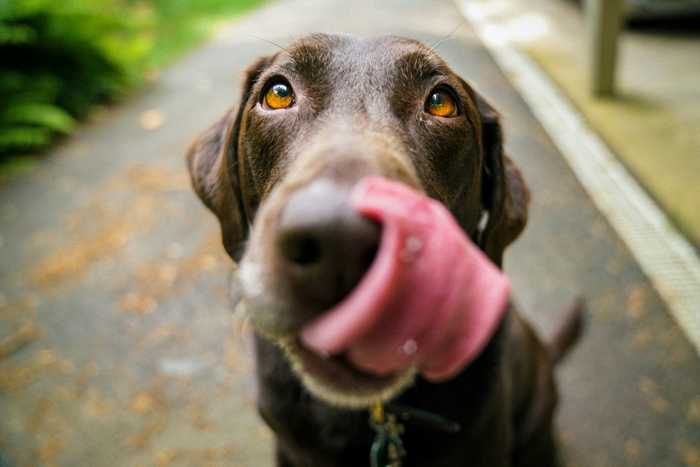Published 14:25 IST, May 29th 2024
Is Dairy Safe For Your Dogs? Dos And Don'ts Of Feeding Milk To Your Pets
Milk and other dairy products can be included in your dog's diet with caution and moderation.
- Lifestyle
- 3 min read
Feeding your dog dairy products, especially milk, is a common practice among pet owners. However, it's essential to understand the potential benefits and risks associated with dairy in your dog's diet. While some dogs can tolerate dairy well, others may experience adverse effects. Here's a comprehensive guide on the dos and don'ts of feeding your pet milk.
Understanding lactose intolerance in dogs
Dogs, like humans, can be lactose intolerant. Lactose is the sugar found in milk, and lactose intolerance occurs when the body lacks sufficient lactase, the enzyme needed to break down lactose. According to the American Kennel Club (AKC), many adult dogs are lactose intolerant, leading to digestive issues when they consume dairy products.

Signs of lactose intolerance
If your dog is lactose intolerant, consuming milk can lead to symptoms such as
- Diarrhoea
- Vomiting
- Bloating
- Gas
- Abdominal discomfort
If you notice any of these signs after your dog drinks milk, it’s best to avoid giving them dairy products.
The dos of feeding dogs dairy
- If you choose to give your dog milk, do so in moderation. Small amounts are generally safe for dogs who are not lactose intolerant. Start with a tiny quantity and observe your dog's reaction.
- Lactose-free milk is a safer alternative for dogs that may have mild lactose intolerance. These products provide the same nutrients without the digestive upset.
- Fermented dairy products like plain yogurt and certain cheeses have lower lactose levels. Yogurt, in particular, can be beneficial due to its probiotics, which support digestive health. Ensure they are plain and free of artificial sweeteners like xylitol, which is toxic to dogs.
- Before introducing dairy into your dog’s diet, it’s wise to consult your veterinarian. They can provide guidance based on your dog's specific health needs and tolerance levels.

The don'ts of feeding dogs dairy
- Full-fat milk can lead to weight gain and pancreatitis in dogs. Opt for low-fat or skim milk if you decide to give your dog dairy.
- Flavoured milk, especially those with chocolate or artificial sweeteners, should be strictly avoided. Chocolate is toxic to dogs, and artificial sweeteners like xylitol can cause severe health issues.
- Many dairy products contain additives and preservatives that are not suitable for dogs. Always check the ingredients list and choose products with minimal additives.
- While cheese can be a good treat, it should be given sparingly. High fat and salt content in cheese can lead to obesity and other health problems if consumed in large quantities.
Updated 14:25 IST, May 29th 2024
